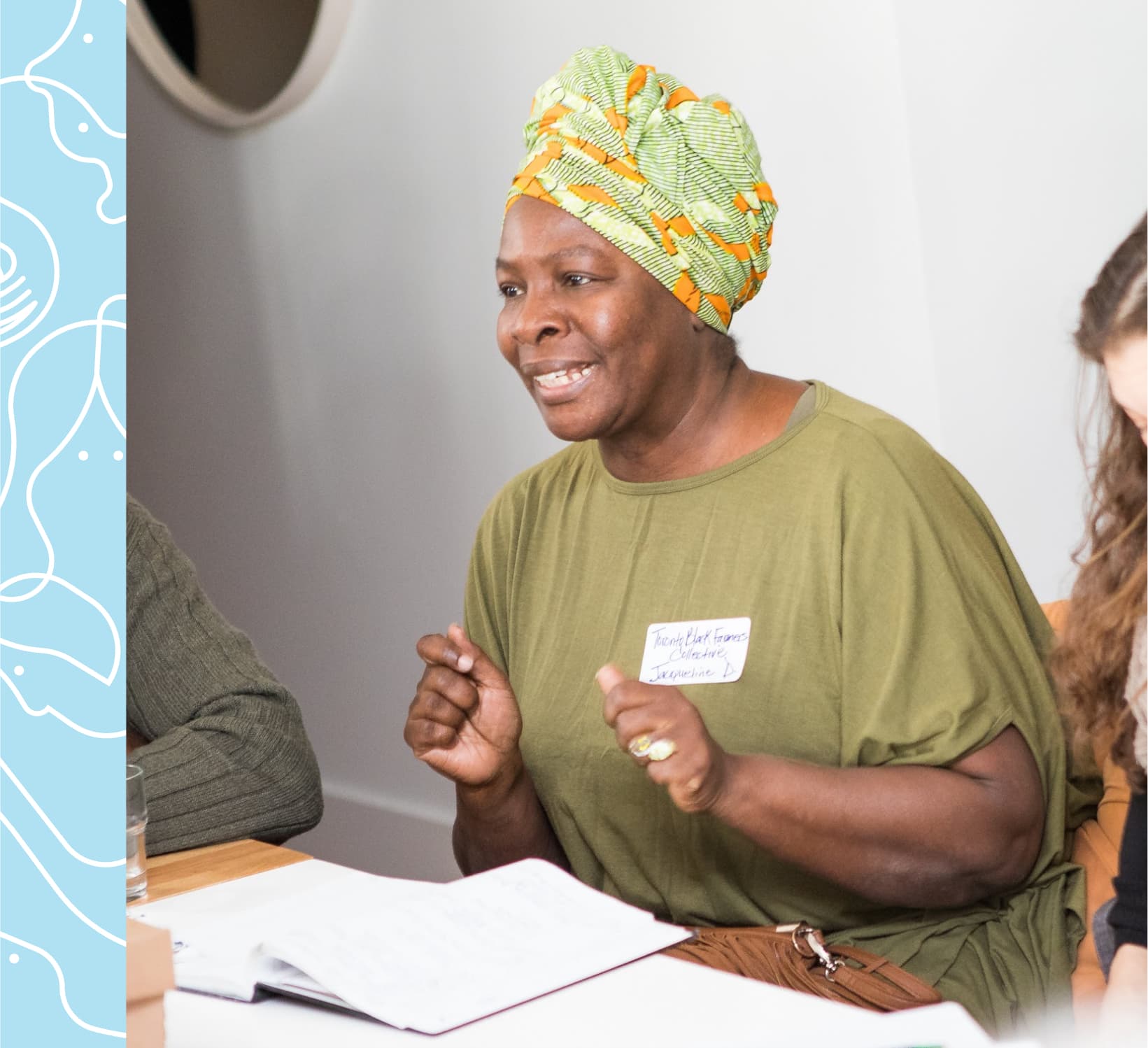Raise capital from investors who believe in your mission.

A powerful funding solution for charities, non-profits and co-operatives
Community bonds are a social finance tool that can unlock the funding you need for your next project and grow your organization. They transform your social capital into financial capital.
We work with organizations across Canada to successfully raise and manage community bonds, guiding you every step of the way to achieve your investment goals.
How Community Bonds work
- Design your bond terms with Tapestry
- Community members buy your bonds
- You finance your project
- You pay back your investors over time
- Allow investors to reinvest in future projects
$100M+
Raised in community bonds
4,000+
Community Investors
59
Projects financed (and counting!)
We help you elevate your supporters into investors
Tapestry Community Capital is Canada’s leading service partner in community bonds. We make the process of raising community investment simple and support you every step of the way.
We believe in the power of social capital to unlock financial capital. We have helped to raise over $100 million in community investment with some Canada’s most successful social enterprises.
